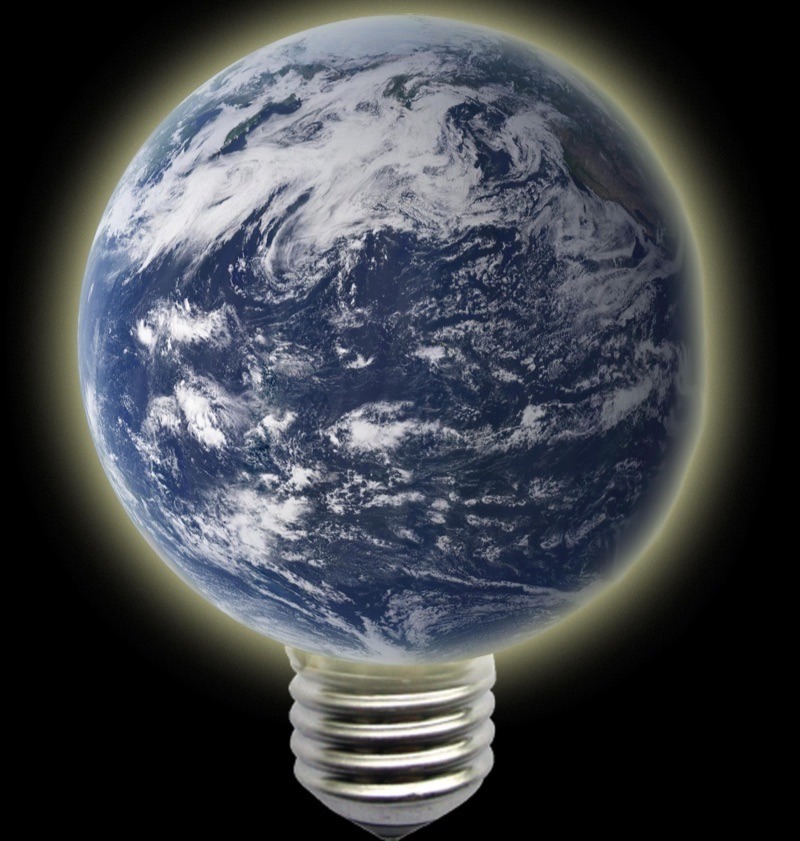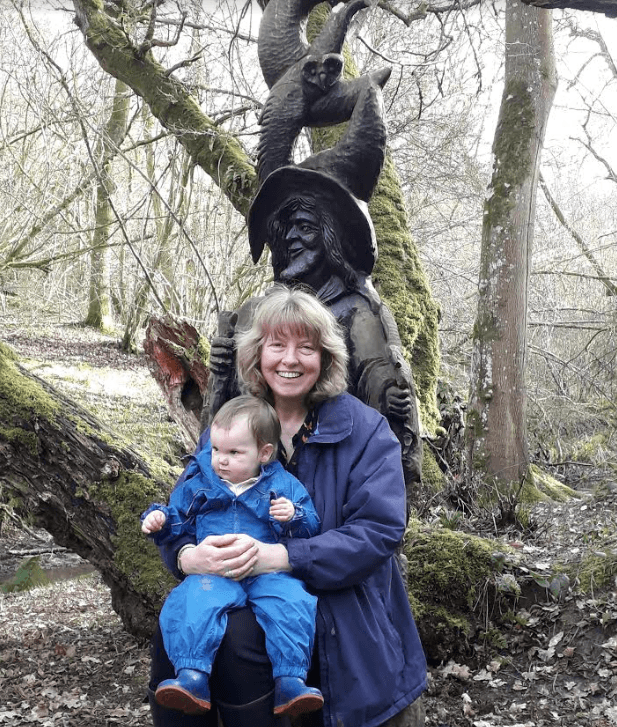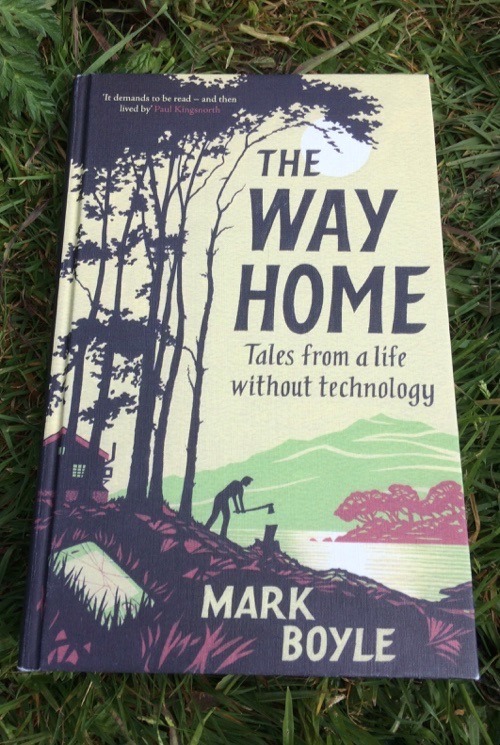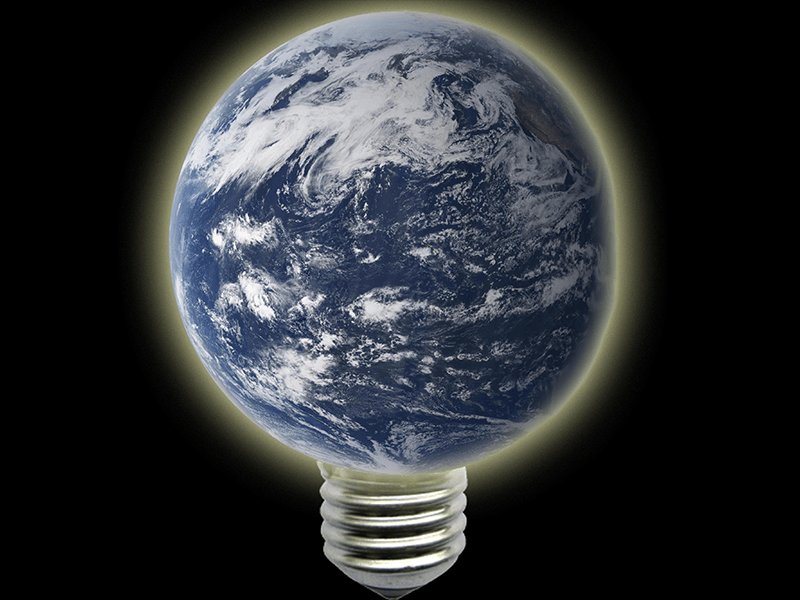Power Out –

After one of the hottest years on record, Extinction Rebellion are protesting to raise awareness of the climate crisis affecting our planet. And in his BBC documentary, ‘Climate Change – The Facts’, Sir David Attenborough offers an urgent and unflinching analysis of the effects of, and possible solutions to, global warming.
‘Thinking global, acting local’, was the slogan of Warwickshire Council’s climate change strategy, focusing on the idea that we can all make a difference. To get a feel for “what a future could look like if we have to ration our energy consumption”, Dr. Jacky Lawrence (Corporate Energy Manager at Warwickshire CC) asked people to imagine the best and worst thing about having no energy, fuel or power at all for one week.
Dr. Lawrence was awarded the position of WM Green Leader in 2010 and is a trustee of the Coventry and Warwickshire based charity Savers, who raise awareness of environmental issues through artistic and creative projects. Savers received the Queens Award for Voluntary Service on 2017.

Dr. Jacky Lawrence with her granddaughter Thea in the the story-telling chair in the woods
Of her climate strategy conversations, Dr. Lawrence says: “I chose to talk to all Parish Councils and community groups interested in the environment in the county to get them on board for supporting actions that would lead to the required reduction in carbon emissions. As part of that I wanted to paint a picture of a future that was positive. If in the future energy consumption was to reduce dramatically I wanted to know what limited energy supplies were to be prioritised for” and “also wanted to show that a reduction in energy consumption could have benefits”.
Dr. Lawrence asked 192 people in her region the questions below. Essentially, what would they miss if the power went out, and what would be the best thing about it?
If there were no energy, fuel or power (electricity, gas. etc) for one week, what would you miss most?
- Most respondents in their 20’s would miss hot water the most followed by heating in winter.
- Most respondents in their 30’s would miss TV the most followed equally by heating in winter, lighting, hot water and hot food.
- Most respondents in their 40’s would miss lighting the most followed by electronic forms of communication / media (radio, computer, music).
- Most respondents in their 50’s would miss heating the most followed by hot food.
- Most respondents in their 60’s and 70’s would miss hot water most followed by hot food.
- Most female respondents would miss heating most followed by hot water.
- Most male respondents would miss heating most followed equally by lighting, hot food and electronic forms of communication / media (radio, computer, music).
- Overall, most respondents (regardless of age or gender) would miss hot food and water most, followed by heating then lighting.
If there were no energy, fuel or power (electricity, gas etc.) for one week, what would be the best thing about it?
- Most respondents in their 20’s thought that the best thing would be better community spirit, followed by a slower pace of life.
- Most respondents in their 30’s thought that the best thing would be better community spirit followed equally by slower pace of life and less pollution.
- Most respondents in their 40’s thought that the best thing would be no TV followed by peace & quiet.
- Most respondents in their 50’s thought that the best thing would be a slower pace of life followed by peace and quiet.
- Most respondents in their 60’s, 70’s and 80’s thought that the best thing would be peace & quiet followed by less pollution.
- Most female respondents thought that the best thing would be better community spirit followed by no TV.
- Most male respondents thought that the best thing would be a slower pace of life and less pollution.
Overall, most respondents (regardless of age or gender) thought that the best thing would be a slower pace of life followed by better community spirit.
“The answers suggest a future we could all look forward to,” says Dr Lawrence. Her investigation highlights that most respondents thought that a slower pace of life – a connection they make to a life without modern utilities – is explored by Mark Boyle in his book: ‘The Way Home: Tales from life without technology’.

Mark Boyle’s book, ‘The Way Home: Tales from a life without technology’, explores his decision to unplug from modernity. Written by candlelight, with pencil and paper in a wood cabin on his small-holding in Galway, it describes this total breaking with technology.
Mark explains that it was 11pm when he decided to check his e-mails for the last time and turn his phone off for what he hoped would be forever. His primary motives for unplugging were, and still are, ecological. To be part of the solution.
As someone who grew up in nature, and feels most at home in nature, this book may inspire others to seek a new, and yet very ancient way of living, interacting and caring.
Rhea Quien

